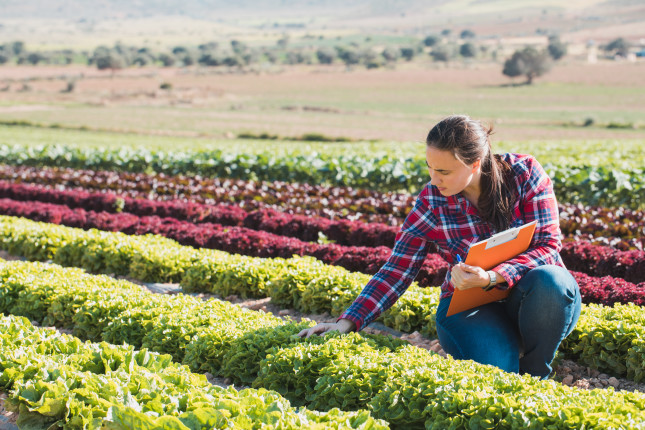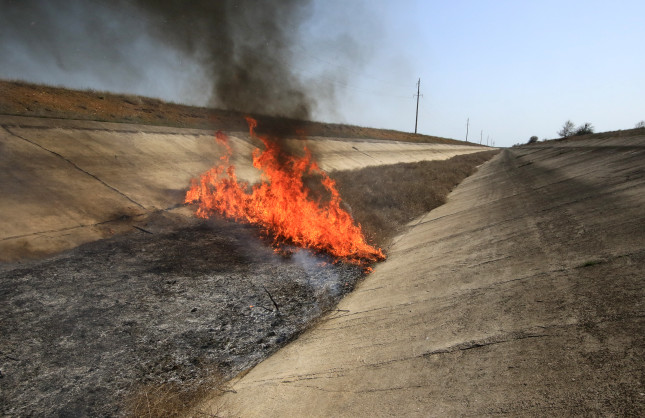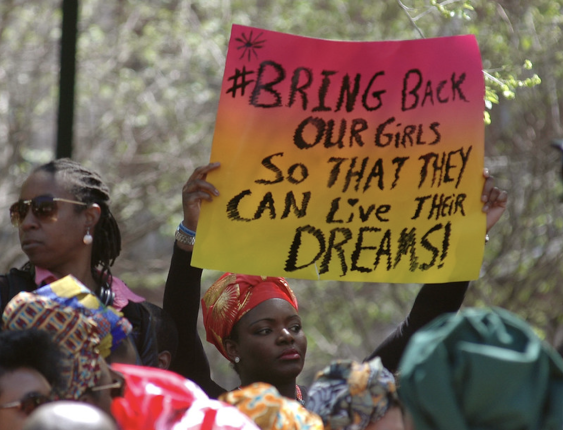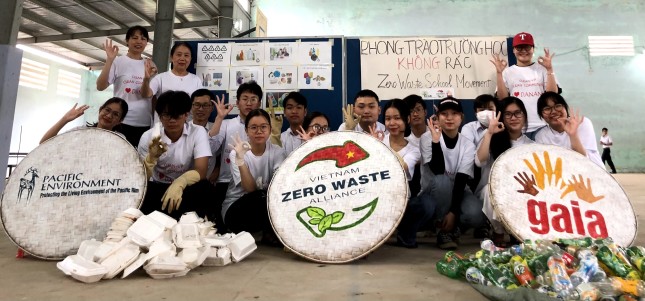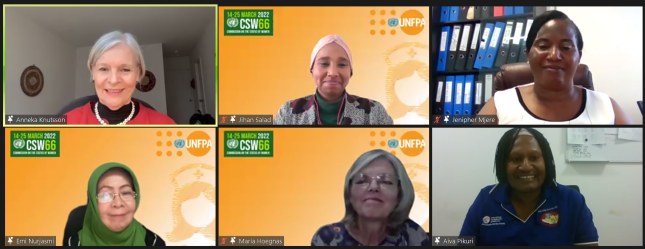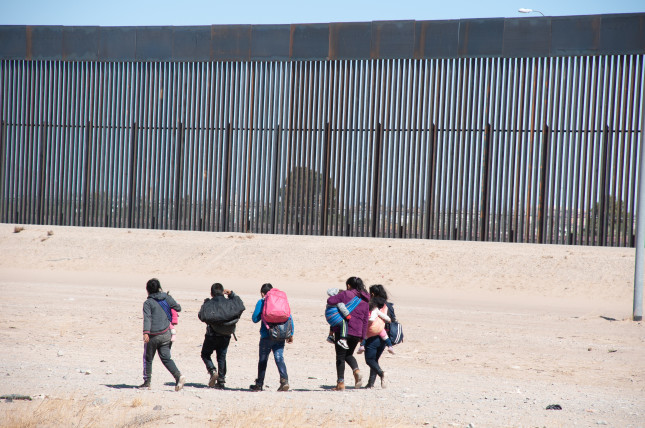-
Farming for Our Future: Climate-Neutral Agriculture in the United States and Beyond
›The realities of climate change — including more frequent floods, droughts, wildfires, heat waves, and more — are becoming ever more visible in every country. Agricultural producers face immediate impacts from these weather events. A marked increased in the incidence of pests and more challenging working conditions further harm their ability to grow plants and raise animals to feed people.
-
Gender Inequality in Mexico’s Fractured Public Health System
›Dot-Mom // From the Wilson Center // Guest Contributor // April 20, 2022 // By Samantha Kane Jiménez
In recent years, Mexican women have experienced a significant downgrade in the quality and accessibility of public healthcare – and not due to the COVID-19 pandemic – said Irene Tello, Executive Director of Mexican impunity watchdog Impunidad Cero, at a recent event hosted by the Wilson Center’s Mexico Institute. The expert panel agreed that the greatest barriers for Mexican women seeking medical attention lie in the current government’s nearsighted health policies and mismanagement of the public health sector.
-
Top 5 Posts for March 2022
›
The devastation wrought by Russia’s invasion of Ukraine has shocked the world. But underneath the searing photographs and headlines, the war also highlights how access to natural resources shapes conflict—and how addressing regional resource needs is central to effective peacebuilding. For instance, the contentious North Crimean Canal cut off most of the water in occupied Crimea in 2014, leading to water insecurity and a loss of arable land. In our top post for March, Mehmet Altingoz and Saleem Ali discuss the role of water infrastructure in the years-long conflict between Russia and Ukraine and explain how water-sharing agreements could make critical contributions to peace.
-
#BringBackOurGirls: Ecofeminism, Climate, and Conflict
›
On the night of April 14, 2014, a group of militants attacked the Government Girls Secondary School in Chibok, Nigeria. They kidnapped 276 female students, ranging from ages 15 to 19 years. An armed group called Boko Haram claimed responsibility for the kidnapping.
-
The Zero-Waste School Movement Is Finding Its Stride In Vietnam
›During February’s Lunar New Year holiday, Vietnam Zero Waste Alliance coordinator Xuan Quach and her family were returning home to Thai Binh. When they were halfway home, Xuan’s brother nonchalantly tossed a plastic bottle out the window. Xuan opened her mouth to chide her brother, but was surprised when her niece scolded him, “Dad! Don’t contribute to plastic pollution!” Xuan grinned, knowing that all of her hard work educating the public about the dangers of plastic waste was paying off.
-
66th Session of the Commission on the Status of Women: Six Pillars to Support Midwives
›
“When women can decide on the timing and spacing of their births, are treated with respect, and offered quality of care across the life course—they are not only able to survive, they, their families, and their communities are able to thrive and flourish. By directly and indirectly contributing to women’s empowerment, midwives are contributing to strengthen economic and productive and equitable societies,” said Dr. Julitta Onabanjo, Director of the Technical Division at the United Nations Population Fund (UNFPA), New York, at a recent event hosted by UNFPA as part of the 66th Session of the Commission on the Status of Women. Midwives and midwifery experts convened to discuss the important role that midwives play in the improvement of gender equality, women’s economic empowerment, and climate justice.
-
Ukrainian, Belarusian, and Russian Women and the Anti-War Movement
›
“I want this war to be over. I want all of us to rebuild our societies. We are a force that can do that, and we will do that; we are doing it. But I think we also need to see the bigger picture, that women in the world, and now in our region, are not protected from violence – any form of violence,” said Marina Pisklakova-Parker, Director of Strategic Partnerships at the Every Woman Treaty, during a recent Wilson Center event on Ukrainian, Belarusian, and Russian women’s voices in the anti-war movement.
-
Harnessing the Power of ‘Other’: Cities Where Human Mobility is not a Threat
›
“This is not the refugee wave we have been used to, people we were not sure about their identity, people with unclear pasts, who could have been even terrorists. In other words, there is not a single European country now which is afraid of the current wave of refugees.”
Showing posts from category *Blog Columns.


